Doctor Zhivago
The Soviet authorities considered the novel insufficiently patriotic, and the poet was denied publication. As a result, «Doctor Zhivago» was first published in Milan in 1957 in Italian. Two years later, the Russian text of the novel was published there as well. Since 1946, Pasternak had been repeatedly nominated for the Nobel Prize in Literature, but he only received it after the publication of «Doctor Zhivago» abroad. This event greatly intensified the authorities' biased attitude towards the novel. Pasternak was subjected to unprecedented harassment. He was expelled from the Union of Writers of the USSR. There were even proposals to strip the writer of his citizenship. Later, Yevgeny Yevtushenko expressed the idea that Pasternak with his novel had inadvertently become a hostage of the internal political struggle in the USSR and became one of the prominent figures in the ideological confrontation with the West. The attitude of the Soviet authorities towards the novel changed only after the writer's death. Pasternak died at his dacha in the Moscow region of Peredelkino at the end of May 1960 at the age of 71. The decision to expel Pasternak from the Union of Writers of the USSR was canceled in 1987, and a year later «Doctor Zhivago» was published in the writer's homeland for the first time. In this edition, the novel is illustrated with drawings by contemporary artist Tatiana Kosach.
Author: ПАСТЕРНАК Б.
Printhouse: SZKEO
Series: Library of World Literature
Year of publication: 2023
ISBN: 9785960308700
Number of pages: 496
Size: 180*250*49 мм mm
Cover type: Твердый переплет
Weight: 785 g
ID: 1555835
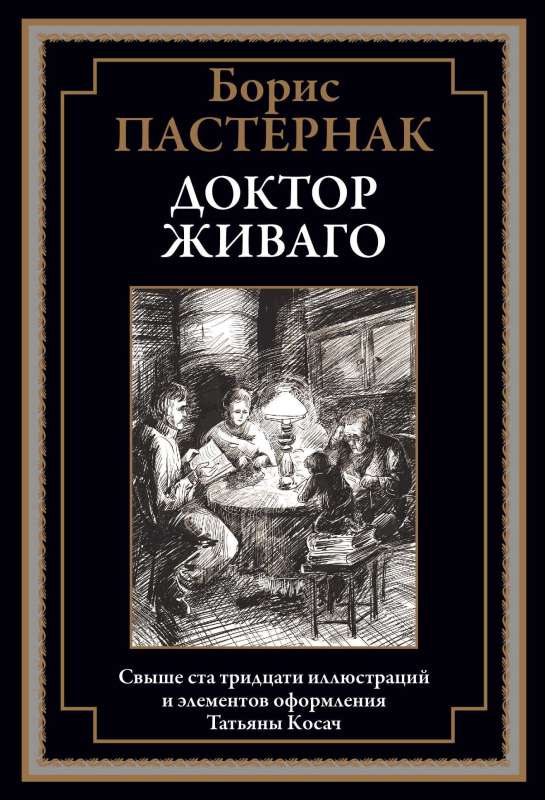
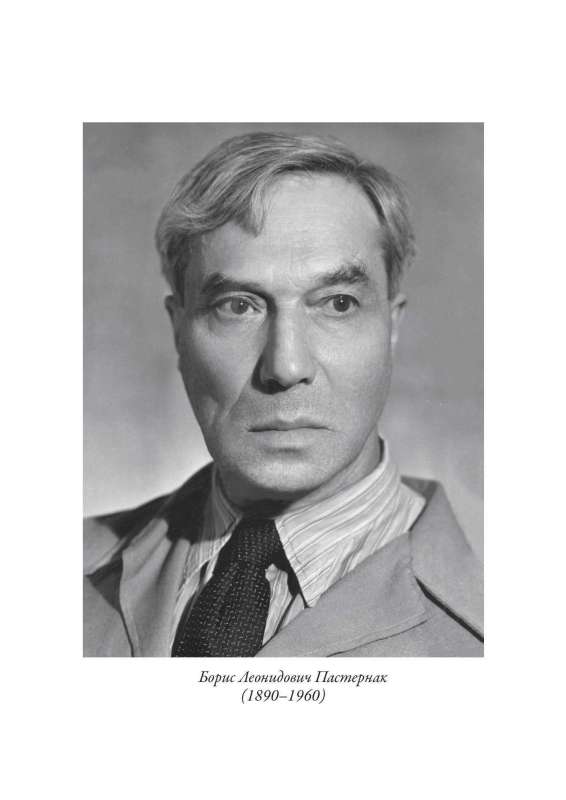
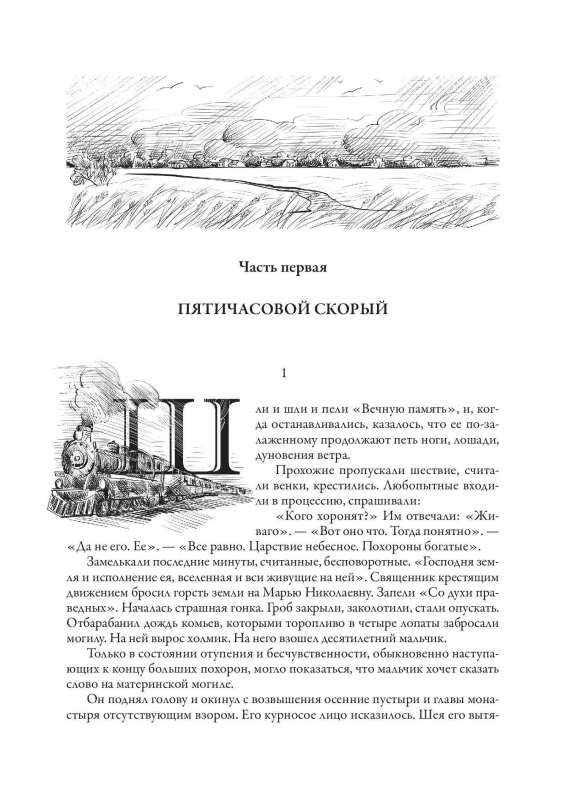
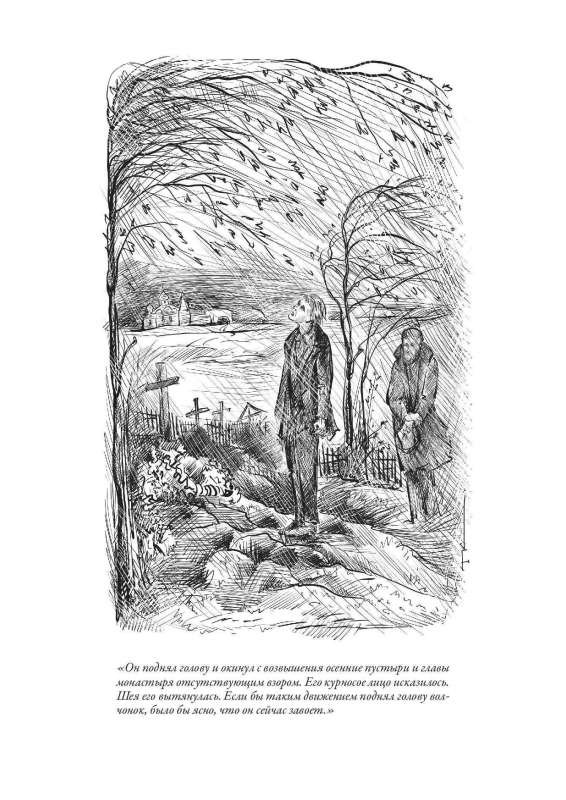
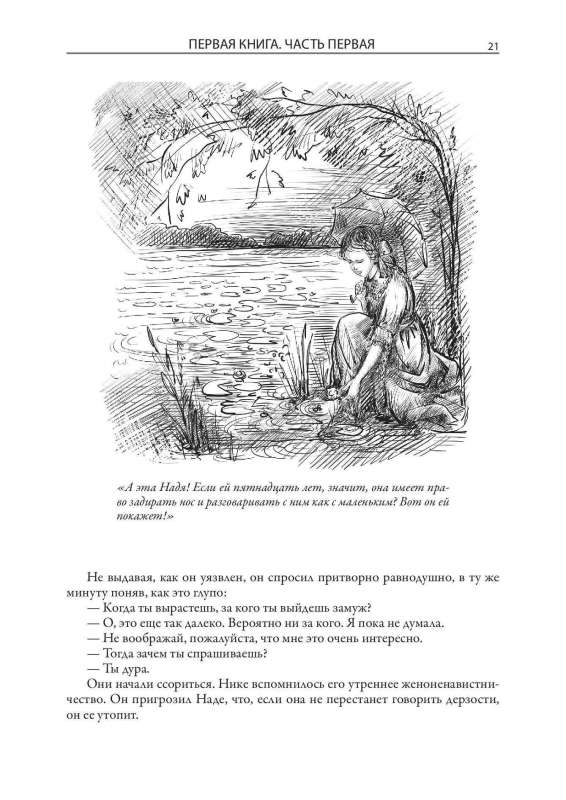
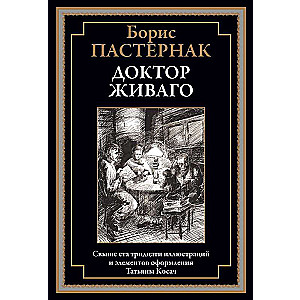
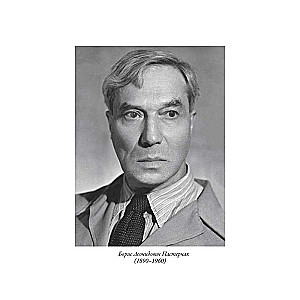
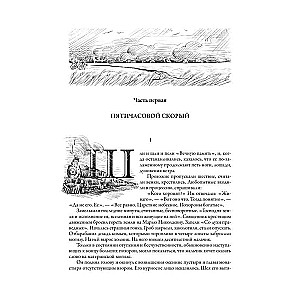
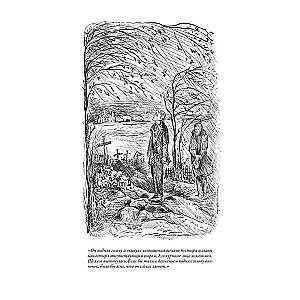
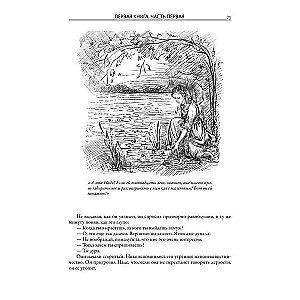









-medium.webp)

